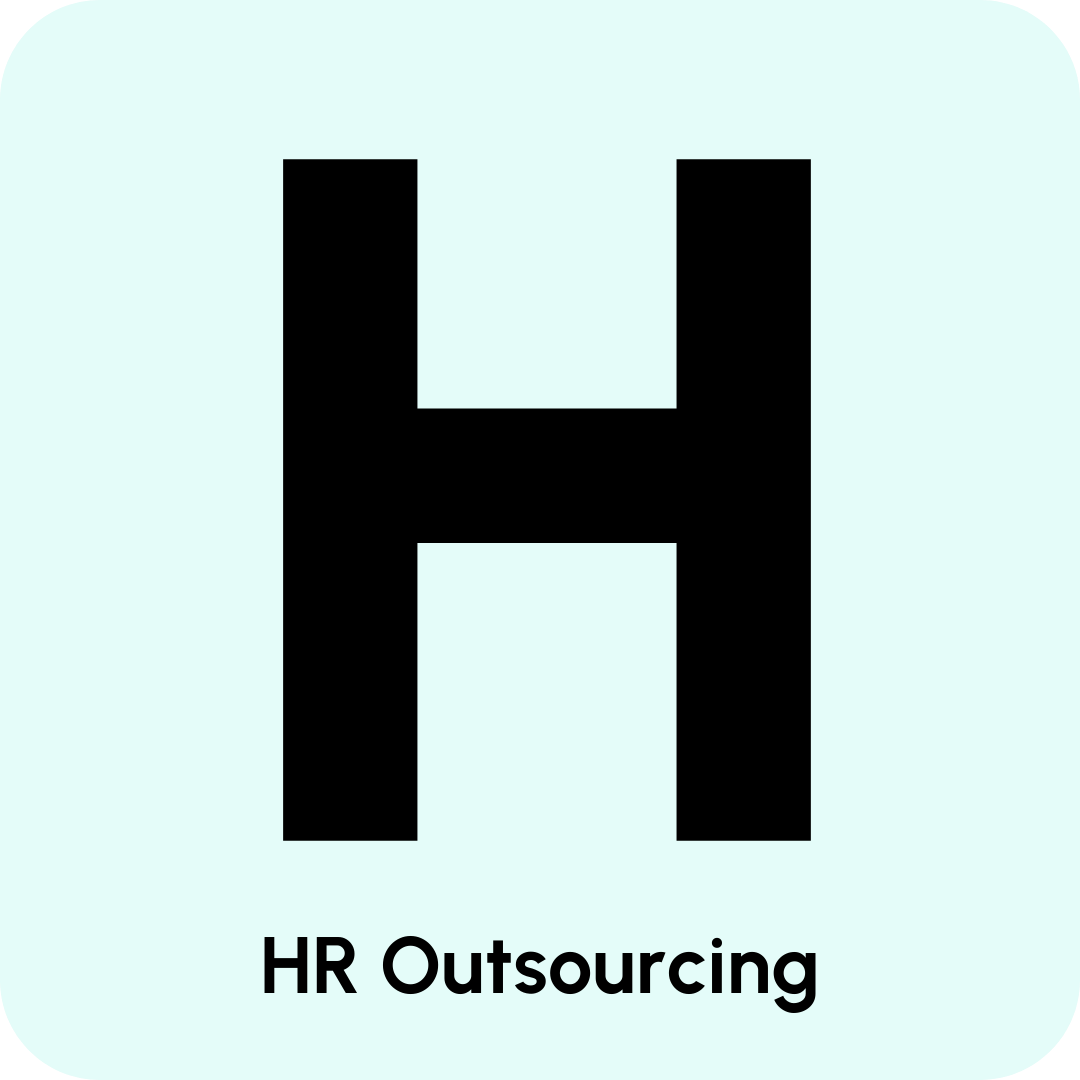HR Outsourcing in Practice
In HR terms, outsourcing means delegating people management tasks to an external consultancy while keeping overall accountability as the employer.
Legal framework: While outsourcing transfers HR tasks, it does not transfer responsibility. Employers remain legally accountable under UK employment law, including the Employment Rights Act 1996, Equality Act 2010, GDPR, and the Health & Safety at Work Act 1974. This means that even when an external provider manages payroll, disciplinaries, or redundancies, directors and business owners are still liable if things go wrong. Choosing a knowledgeable, compliant partner is therefore critical.
Business context: HR outsourcing is particularly useful for SMEs, start-ups, and scale-ups that lack the budget for a dedicated HR team. It allows them to access specialist advice when needed without carrying the overhead of a permanent HR manager, making it a flexible option in industries where staff levels fluctuate.
Types of HR outsourcing:
Full outsourcing – the external provider becomes your complete HR department, handling everything from employee contracts and onboarding to policies, disputes, and exits. This approach suits businesses without any internal HR function.
Partial outsourcing – certain elements of HR, such as payroll, absence tracking, or recruitment, are handed over to a provider while other functions remain in-house. This hybrid model works well for businesses that already have some HR expertise but want to fill gaps cost-effectively.
Project-based outsourcing – businesses may bring in HR consultants for specific, time-limited projects such as policy audits, TUPE transfers, restructures, or designing new performance management frameworks. This allows SMEs to access high-level expertise without committing to long-term contracts.








